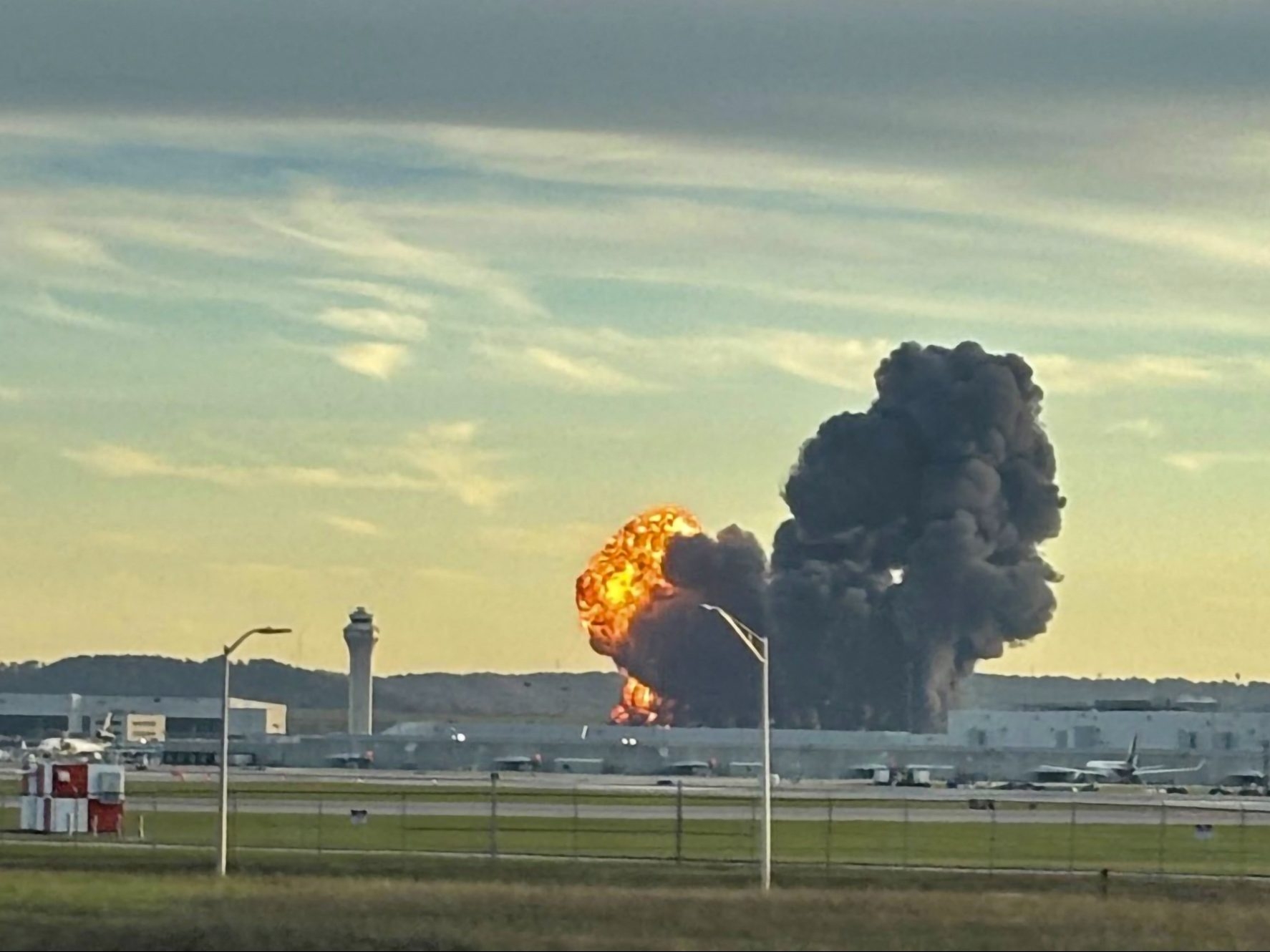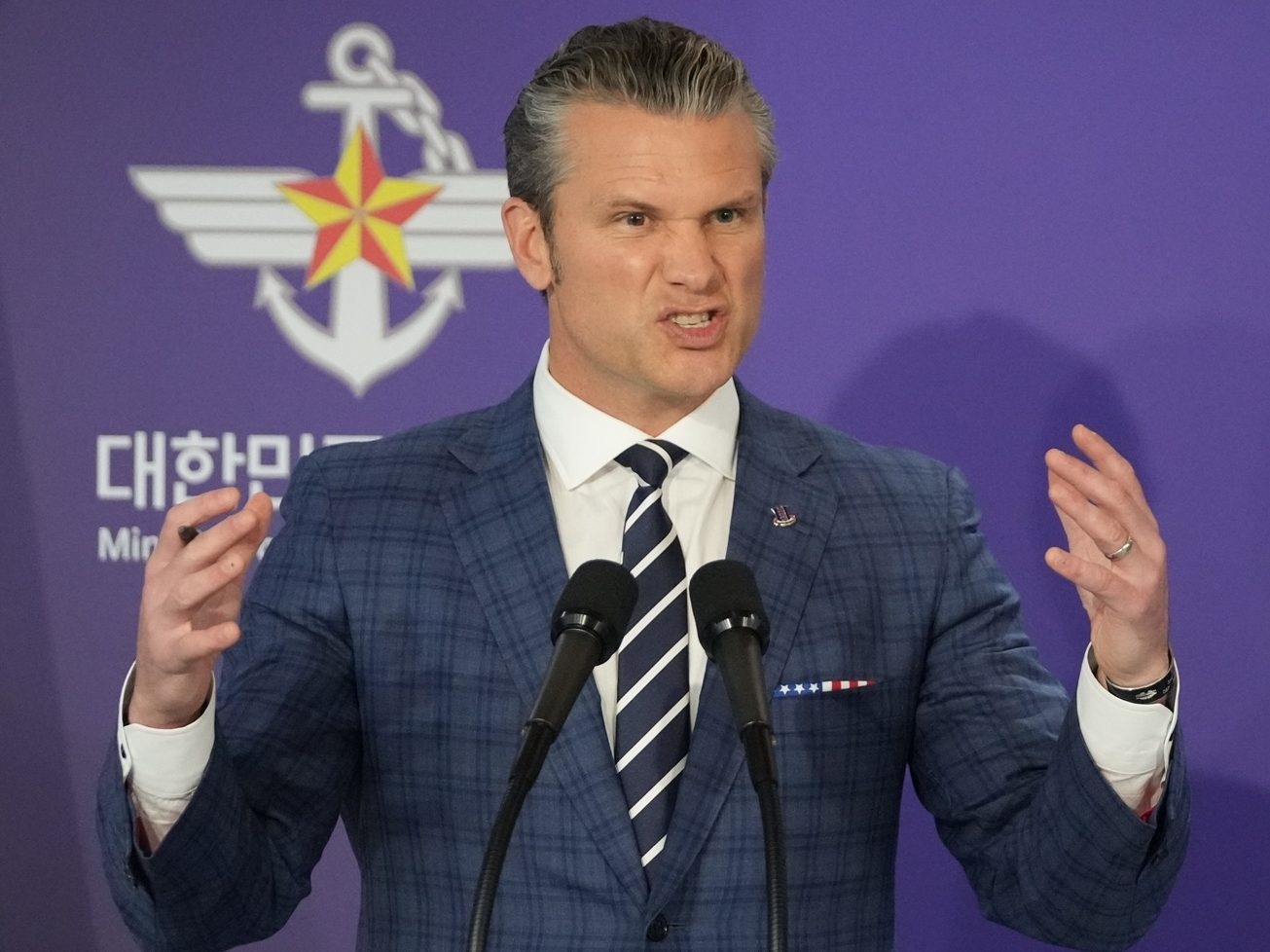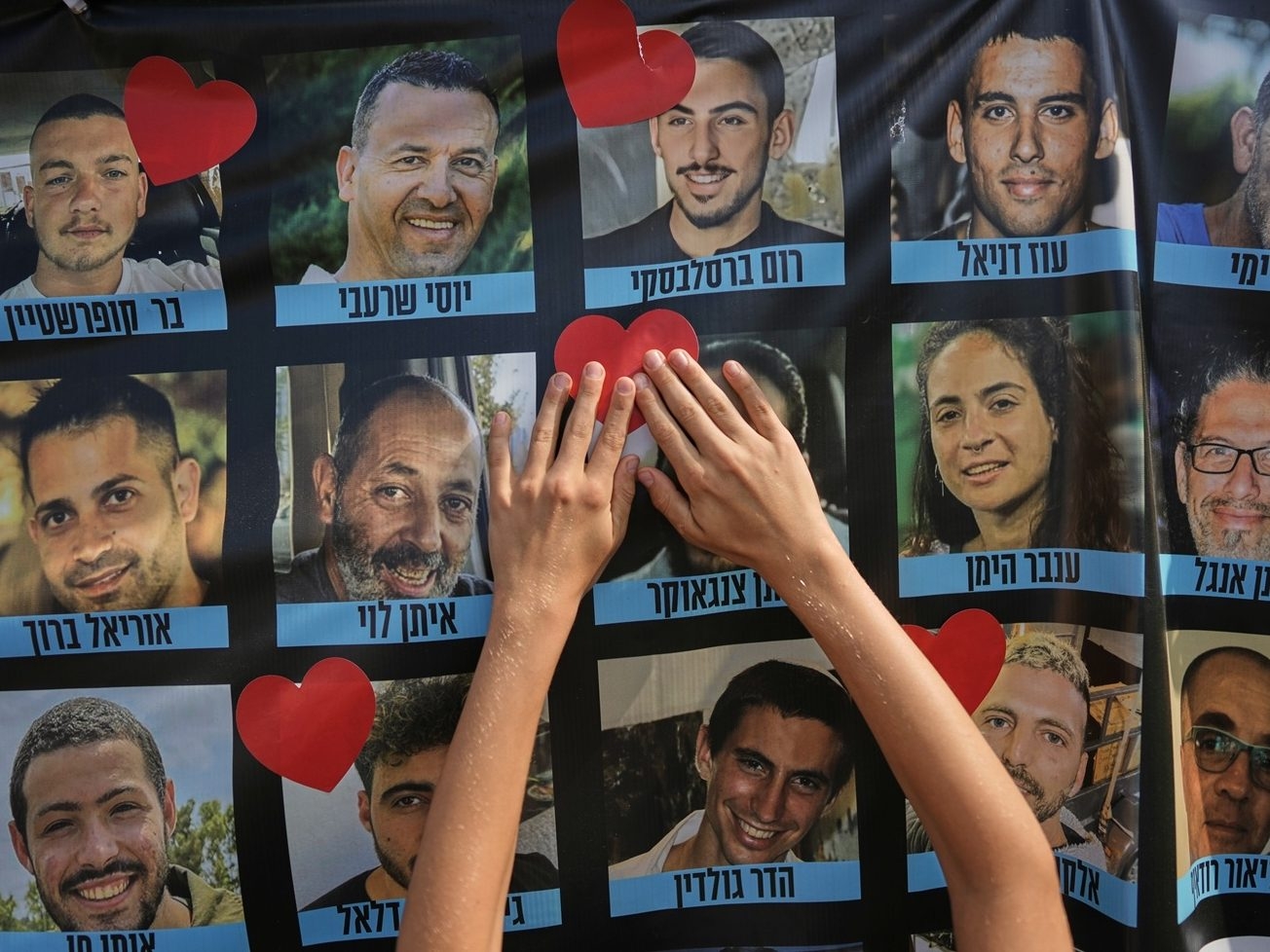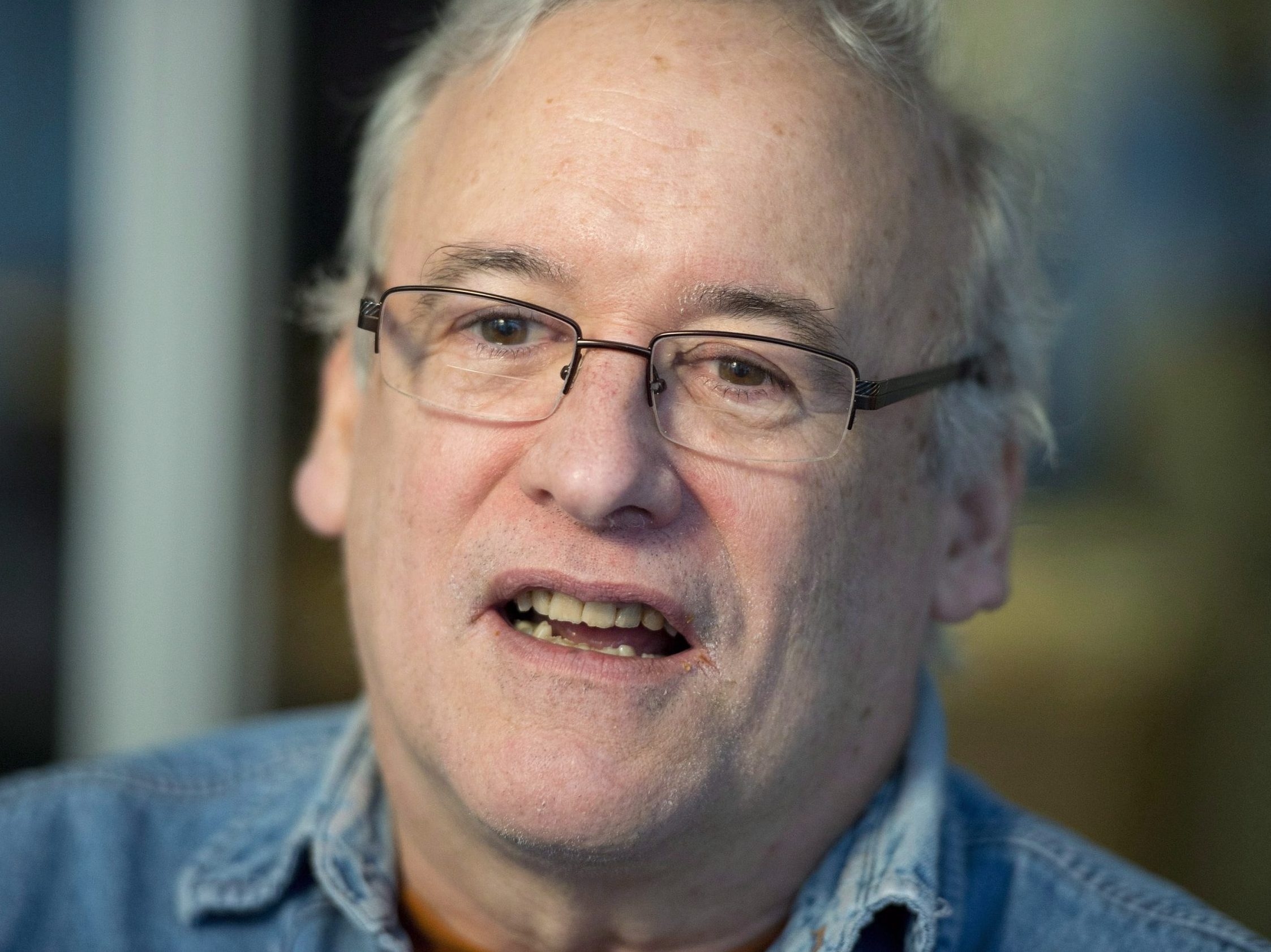A draft resolution is circulating within the United Nations Security Council, proposing an international stabilization force for Gaza with a potential mandate lasting at least two years. This move represents a significant step in a broader effort to solidify a ceasefire between Israel and Hamas after a prolonged period of conflict.
The draft, currently under discussion and subject to change, serves as an initial framework for negotiations among the Security Council’s 15 members and other international stakeholders. Officials involved emphasize the sensitive nature of these discussions, highlighting the need for broad consensus.
Crucially, participation from Arab nations and others interested in contributing to the stabilization force hinges on receiving explicit backing from the United Nations. A clear mandate from the Security Council is seen as essential to secure troop contributions.

United Nations Secretary-General Antonio Guterres underscored this point, stating that any governing entity established in Gaza requires the legitimacy conferred by a Security Council mandate. This legitimacy is viewed as paramount for long-term stability.
The proposed resolution outlines a mandate for the stabilization force to oversee the demilitarization of Gaza, specifically focusing on the decommissioning of weapons held by non-state armed groups. This presents a considerable challenge, as complete disarmament of Hamas remains a key, yet unresolved, aspect of the broader peace plan.
The force would operate through the end of 2027, collaborating with a newly formed “Board of Peace” tasked with the temporary governance of the territory. Close coordination with both Egypt and Israel is also stipulated within the draft.
Beyond security, the stabilization troops would assist in securing Gaza’s borders, working alongside a trained and vetted Palestinian police force. A critical component is ensuring the unimpeded flow of humanitarian aid, preventing diversion of supplies, and facilitating the “full resumption” of assistance from organizations like the United Nations and the Red Cross.
While the initial phase of the broader peace plan is still unfolding, international focus is now turning to the complexities of establishing a lasting stabilization force. The United Kingdom, for example, prioritizes maintaining the fragile ceasefire and ensuring continued aid delivery.
Significant hurdles remain, particularly with China and Russia – permanent members of the Security Council – likely to pose the strongest opposition. Securing their agreement, or at least avoiding a veto, will be critical for the resolution’s success.
In a separate development, Israel has confirmed the return of remains believed to be those of hostages held in Gaza. Simultaneously, Israel has handed over the bodies of 45 Palestinians, following the return of the remains of three Israeli soldiers by Hamas.





